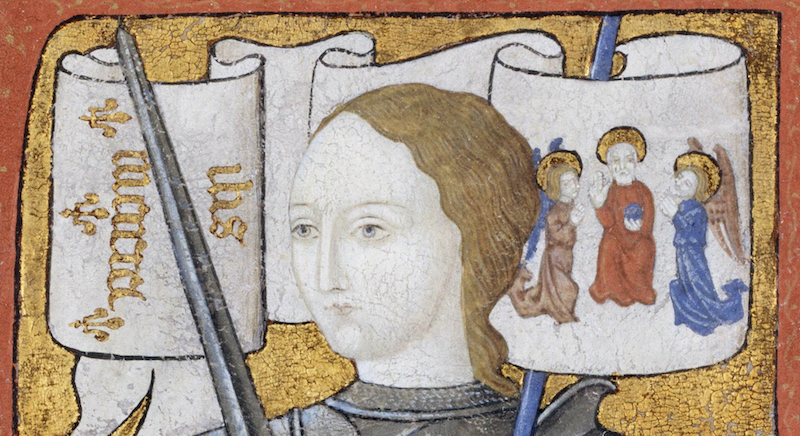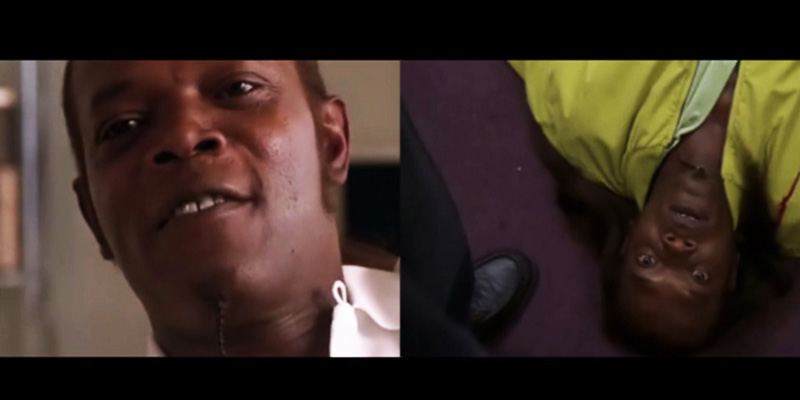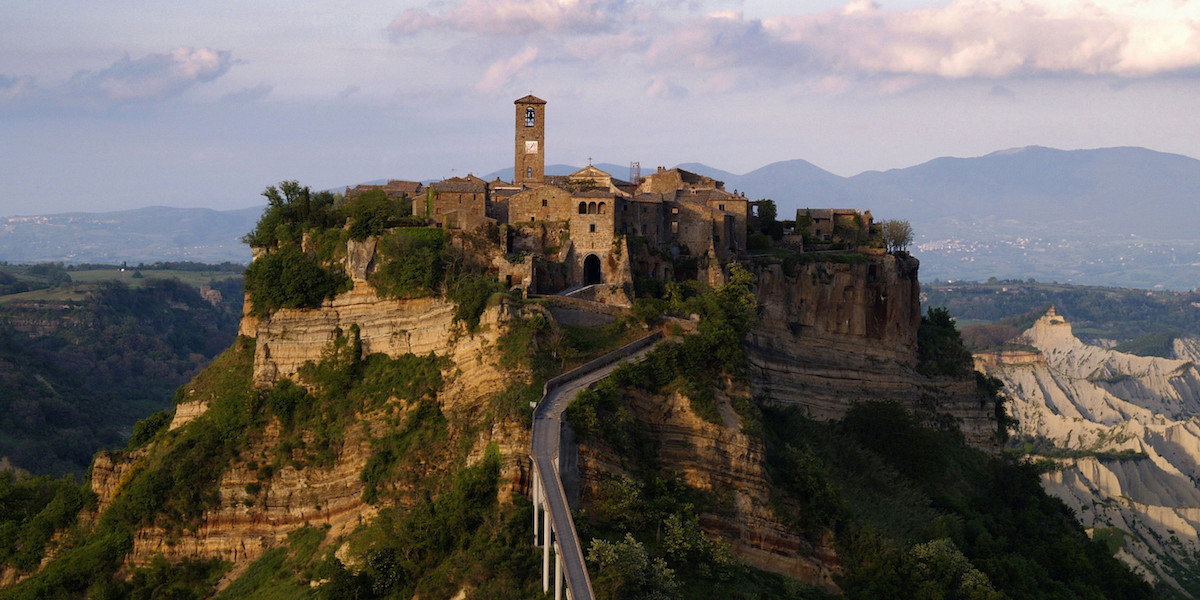I complimenti del Dalai Lama al presidente cinese

Intervistato da Time, il Dalai Lama ha espresso un giudizio positivo sull’operato fin qui del nuovo presidente cinese Xi Jinping: una cosa non scontata, visti i rapporti storicamente molto tesi e complicati tra il leader religioso tibetano e il regime (che arriva a punire qualsiasi paese intrattenga relazioni ufficiali con lui).
«Sta combattendo la corruzione con coraggio ed efficacia, senza paura. Ma i veri miglioramenti devono arrivare nelle aree rurali. La soluzione non è costruire nuove grandi città. E inoltre va detto che 1,3 miliardi di cinesi hanno il diritto di conoscere la realtà. La censura è un metodo irreale che genera sfiducia e sospetto. Il sistema giudiziario cinese deve essere portato agli standard internazionali, così che un miliardo di poveri possano avere una qualche forma di protezione»


